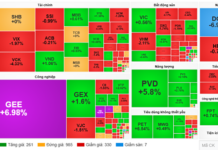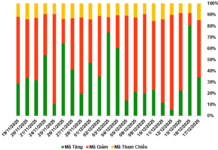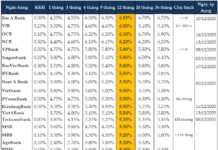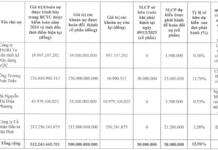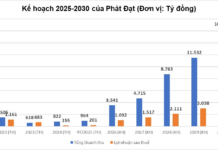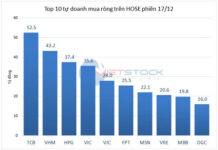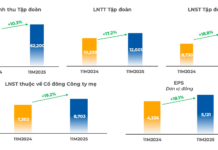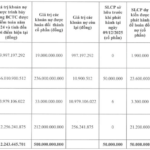World’s Top Smartest Cities
The Institute for Management Development (IMD), in collaboration with the World Smart Sustainable Cities Organization (WeGO), has released the 2024 ranking of the world’s leading smart cities.
Vietnam has two cities, Hanoi and Ho Chi Minh City, featured in the ranking, with Hanoi placed at 97th (up 3 places compared to 2023) and Ho Chi Minh City ranked 105th.
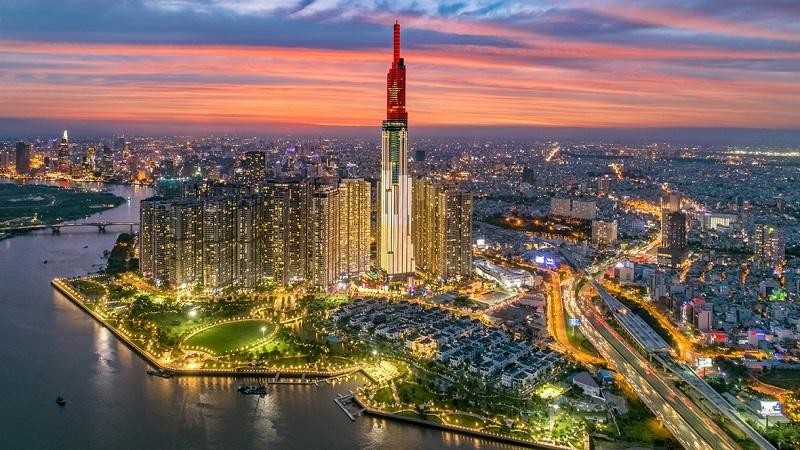
Ho Chi Minh City view from above. Photo: chinhphu.vn
Researchers analyzed data and surveyed 120 residents in each of the 142 cities worldwide, assessing how the city’s infrastructure and technology impacted overall performance and citizens’ quality of life.
Seven out of the top 10 smart cities are in Europe, with Zurich, Switzerland, taking the lead.
Here are the top 10 smartest cities, according to the 2024 Smart City Index:
1. Zürich, Switzerland
2. Oslo, Norway
3. Canberra, Australia
4. Geneva, Switzerland
5. Singapore
6. Copenhagen, Denmark
7. Lausanne, Switzerland
8. London, United Kingdom
9. Helsinki, Finland
10. Abu Dhabi, United Arab Emirates
Notably, since the index’s inception in 2019, North American cities are absent from the top 20 for the first time.
IMD defines a smart city as “an urban environment that uses technology to improve the advantages and reduce the disadvantages of the process of urbanization for its people.”
Cities in the top 20 are mostly in regions with relatively stable economic and social conditions, even amidst global uncertainties.
These cities have also implemented initiatives to improve citizens’ overall quality of life, which often focus on creating green spaces, expanding access to cultural events, and fostering social cohesion.
Several cities have additionally adopted innovation strategies to attract and retain talent, encourage sustainable investment practices, and address persistent issues related to inequality, geographical disparities, and social inclusion.
Two Largest Cities Included in the Ranking
Hanoi and Ho Chi Minh City are classified as special municipalities in Vietnam and are also among the top 10 richest provinces in the country. The capital city of Hanoi covers an area of over 3,358 km2 with a population of over 8.2 million. Ho Chi Minh City covers 2,095 km2 with a population of nearly 10 million (as per the General Statistics Office, 2021).
Hanoi has been developing a smart city model by implementing Resolution No. 18-NQ/TU issued by the Hanoi Party Committee on December 30, 2022, regarding digital transformation and smart city development in Hanoi by 2025, with a vision towards 2030.
Hanoi aims to complete digital transformation by 2025, developing the capital as a green, smart, and modern city, striving to be one of the leading localities in the country in digital transformation. By 2030, Hanoi will become a smart and modern city, gradually connecting with the network of smart cities in the region and globally.
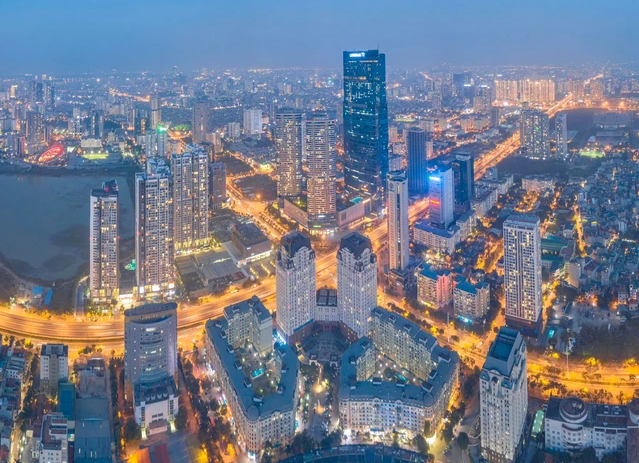
Hanoi view from above. Photo: VTV News
Regarding Ho Chi Minh City, in August 2022, the Ho Chi Minh City Party Committee issued Directive 17-CT/TU on promoting digital transformation and building the city into a smart city. Identifying innovation in businesses and nurturing the tech startup ecosystem as key strategies for implementing this directive, Ho Chi Minh City has been continuously promoting technology exchange activities and gradually applying them in smart city operations.
Phan Van Mai, Chairman of the Ho Chi Minh City People’s Committee, stated: To achieve this goal, the city identifies science, technology, and innovation as the primary drivers of socio-economic development. The city will continue to invest and effectively exploit business incubation centers at universities, high-tech parks, high-tech industrial parks, and the Quang Trung Software Park to form a sustainable startup ecosystem. The city has implemented various important programs and projects, such as the Digital Transformation Program and the Smart City Development Project.


